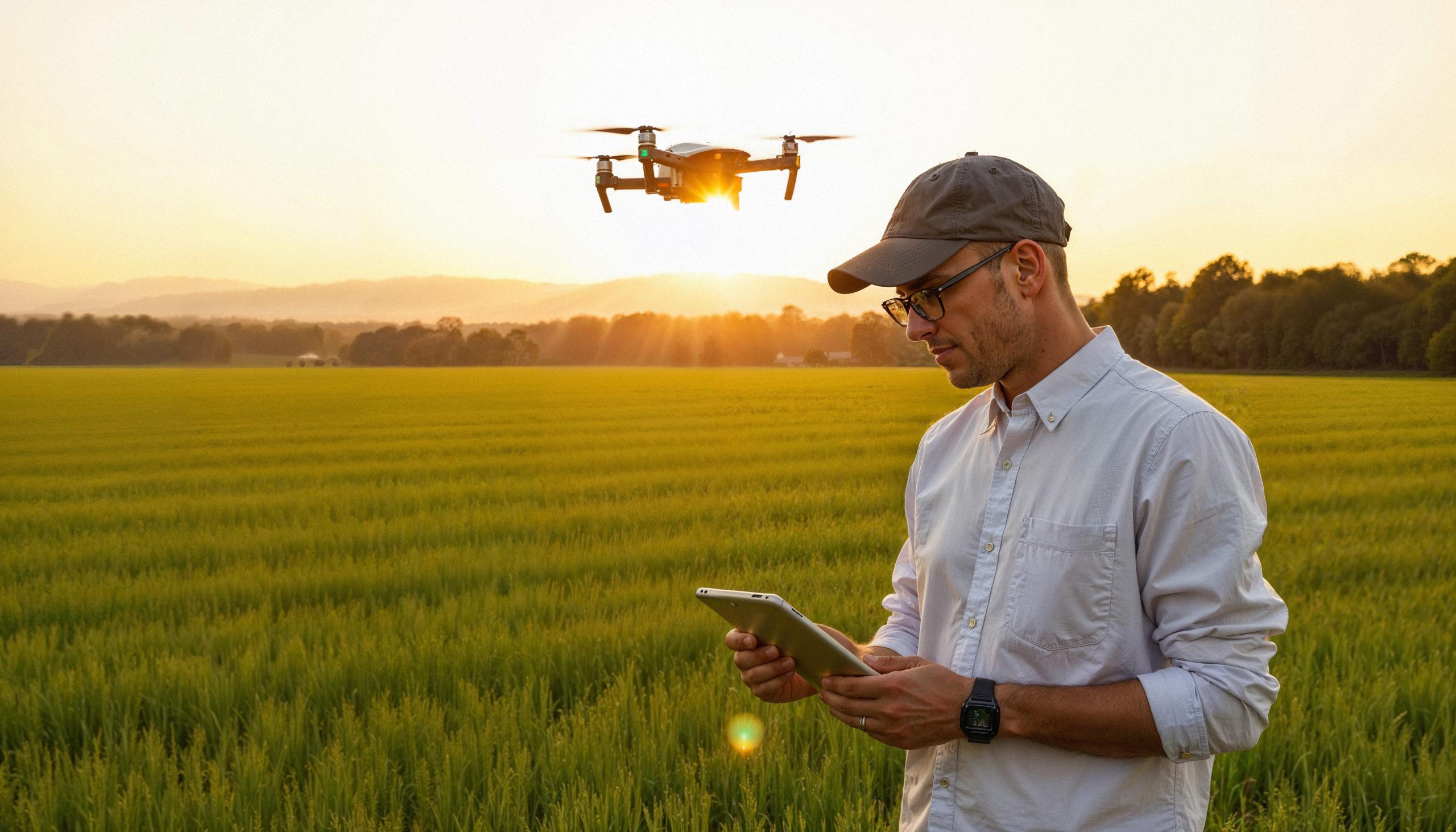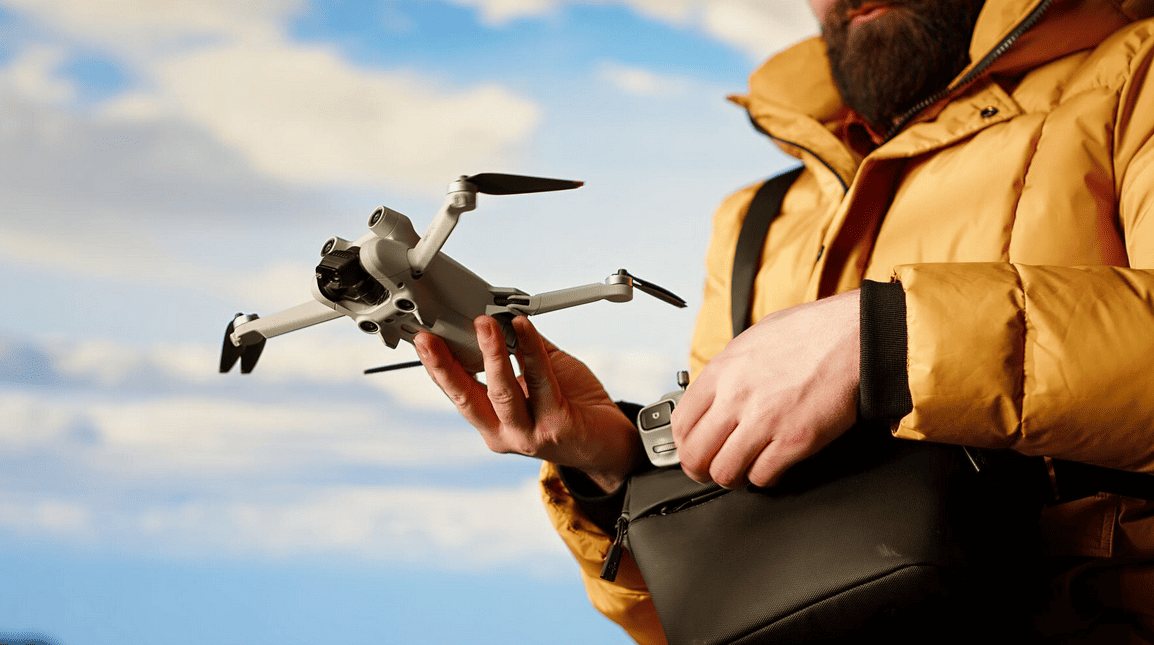Who Needs Part 107 Certification?
If you plan to fly a drone for anything other than personal or recreational use, then yes—you likely need a Part 107 Remote Pilot Certificate issued by the Federal Aviation Administration (FAA). This rule isn’t optional. It’s a legal requirement in the United States for anyone using a drone for commercial purposes, no matter how small the job or how light the drone.

What Does “Commercial Use” Mean?
“Commercial use” includes any operation where you're compensated—directly or indirectly—for your drone services. That compensation could be money, goods, or even exposure. If you're flying a drone and someone is paying you, giving you a service in return, or benefiting from your work professionally, then your activity is considered commercial, and you're required to have a Part 107 certification.
Examples of commercial drone use include:
- A real estate agent hiring you to take aerial property photos
- Shooting wedding videos for clients
- Performing roof inspections for a construction company
- Surveying farmland for agricultural health analysis
- Capturing footage for a promotional video or social media campaign
- Mapping or modeling structures for engineering projects
- Providing live coverage of events for a business or media outlet
Even volunteer work for a business or organization can count as commercial use if it serves a professional purpose.

Industries That Commonly Require Part 107 Certification
Because drones are versatile and cost-effective tools, they are being used in dozens of industries. The most common sectors where professionals need Part 107 certification include:
- Real Estate – Aerial photography and videography for property listings
- Construction & Engineering – Site mapping, 3D modeling, and project monitoring
- Agriculture – Crop health monitoring, field surveys, and precision agriculture
- Media & Entertainment – Capturing content for commercials, movies, and TV
- Public Safety – Supporting emergency response, firefighting, and search-and-rescue
- Insurance – Property damage assessment and disaster response
- Inspection Services – Infrastructure, roof, tower, and utility inspections
- Environmental Services – Wildlife surveys, conservation efforts, and land management
- Education & Research – University research projects or educational video production
- Marketing & Advertising – Creating promotional content for brands and businesses
In each of these fields, flying a drone without the proper certification can result in legal penalties for both the pilot and the hiring organization.

What About Recreational Flyers or Hobbyists?
If you're flying strictly for fun or personal enjoyment, you don’t need Part 107 certification. However, you must still comply with the rules for recreational drone flying under Section 44809 (formerly known as the Special Rule for Model Aircraft). These include:
- Flying below 400 feet
- Staying away from airports and controlled airspace
- Registering your drone if it weighs over 250 grams
- Passing the TRUST test (The Recreational UAS Safety Test)
- Flying only for non-commercial purposes
It’s important to note that if you post a drone video to YouTube and monetize it, or share drone photos with a brand or business for marketing, you’re technically engaging in commercial use—and you do need a Part 107 certificate.

What If I’m Just Testing or Practicing?
Flying a drone for the purpose of training, testing new equipment, or building your skills may not require a Part 107 license if there’s no commercial benefit or payment involved. However, if that practice is part of building a service offering for clients, it’s safest to have your certificate in hand before beginning.


